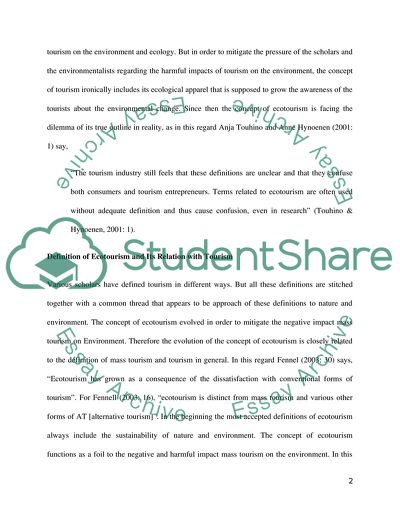Cite this document
(“While conceptually sound, the practical realities are such that Essay”, n.d.)
While conceptually sound, the practical realities are such that Essay. Retrieved from https://studentshare.org/miscellaneous/1558478-while-conceptually-sound-the-practical-realities-are-such-that-ecotourism-remains-a-fundamentally-flawed-product-discuss
While conceptually sound, the practical realities are such that Essay. Retrieved from https://studentshare.org/miscellaneous/1558478-while-conceptually-sound-the-practical-realities-are-such-that-ecotourism-remains-a-fundamentally-flawed-product-discuss
(While Conceptually Sound, the Practical Realities Are Such That Essay)
While Conceptually Sound, the Practical Realities Are Such That Essay. https://studentshare.org/miscellaneous/1558478-while-conceptually-sound-the-practical-realities-are-such-that-ecotourism-remains-a-fundamentally-flawed-product-discuss.
While Conceptually Sound, the Practical Realities Are Such That Essay. https://studentshare.org/miscellaneous/1558478-while-conceptually-sound-the-practical-realities-are-such-that-ecotourism-remains-a-fundamentally-flawed-product-discuss.
“While Conceptually Sound, the Practical Realities Are Such That Essay”, n.d. https://studentshare.org/miscellaneous/1558478-while-conceptually-sound-the-practical-realities-are-such-that-ecotourism-remains-a-fundamentally-flawed-product-discuss.


